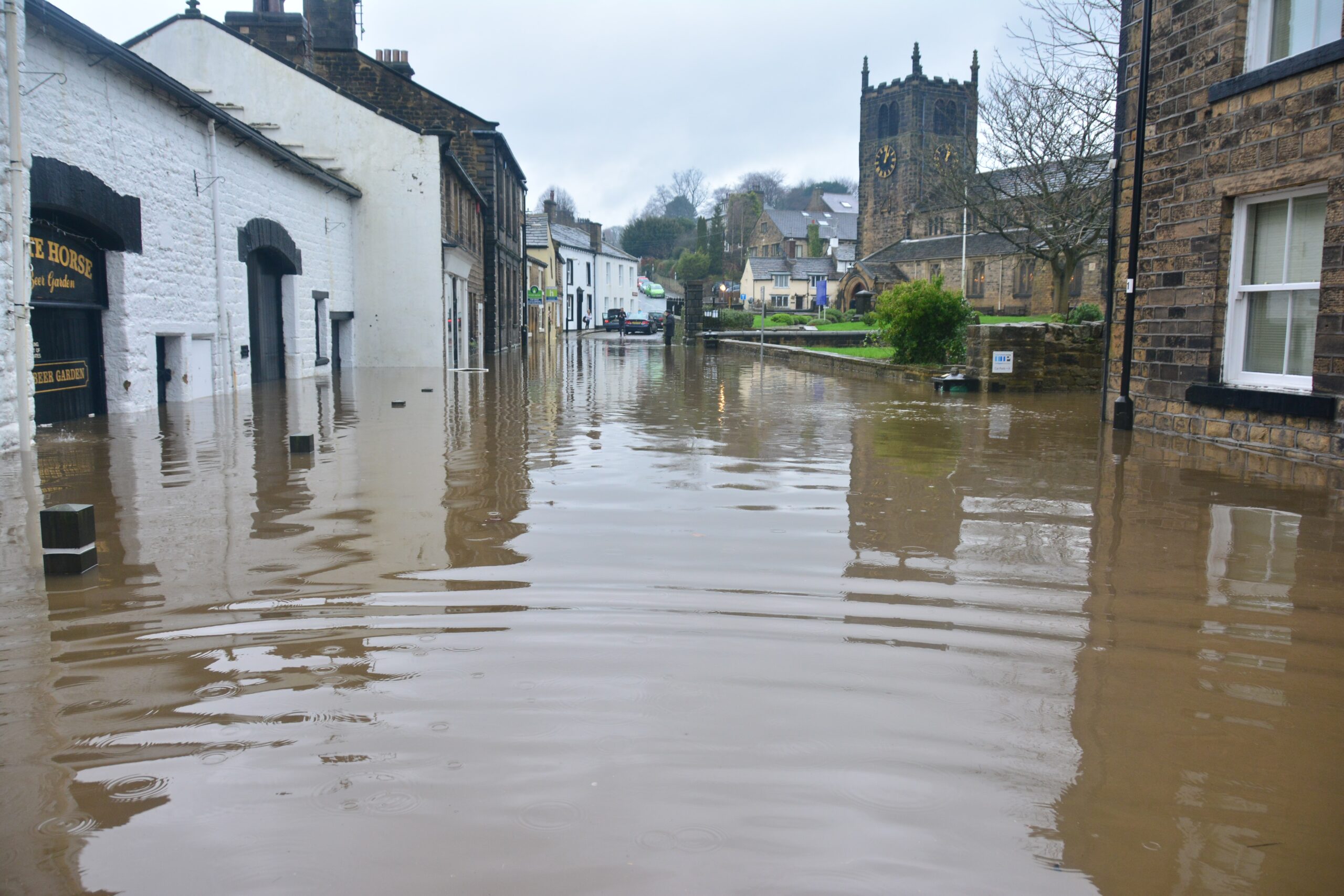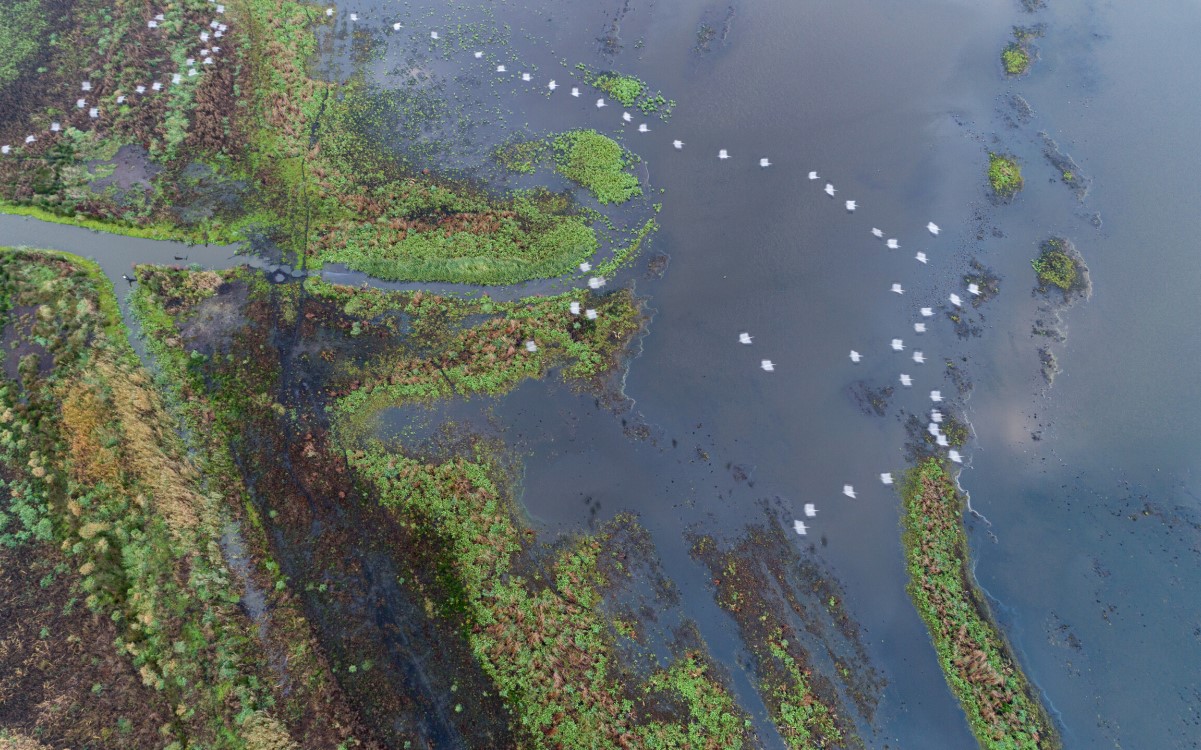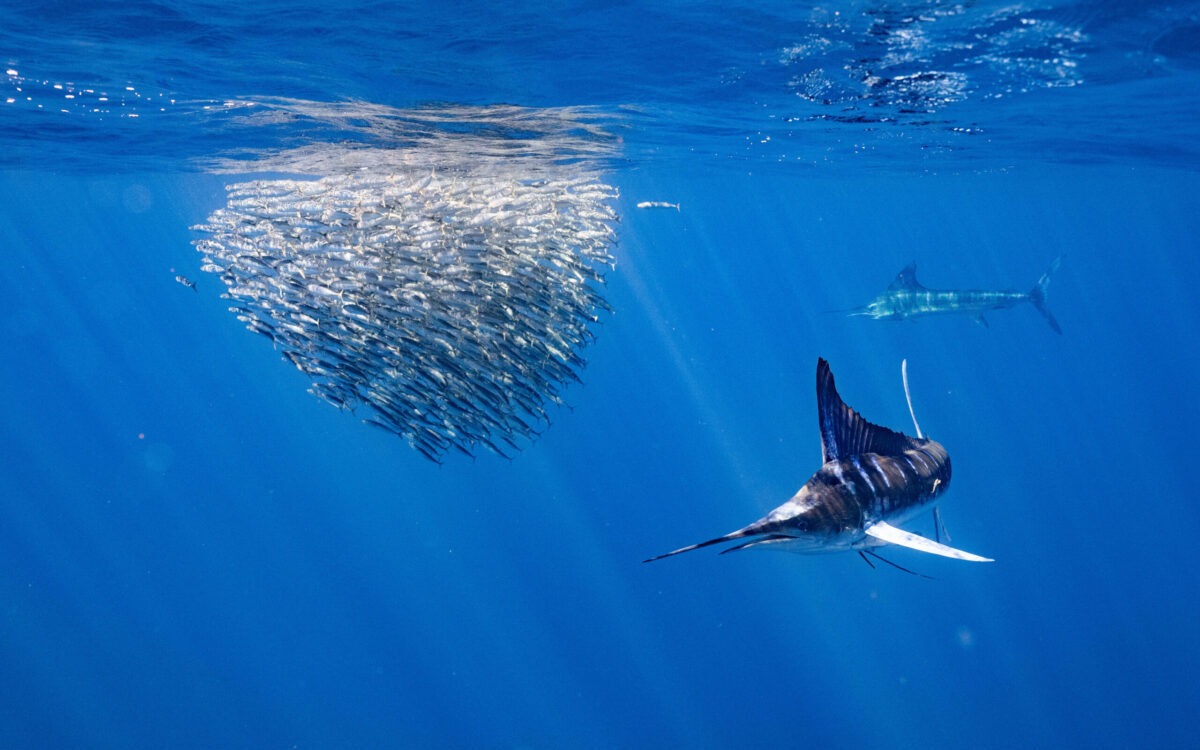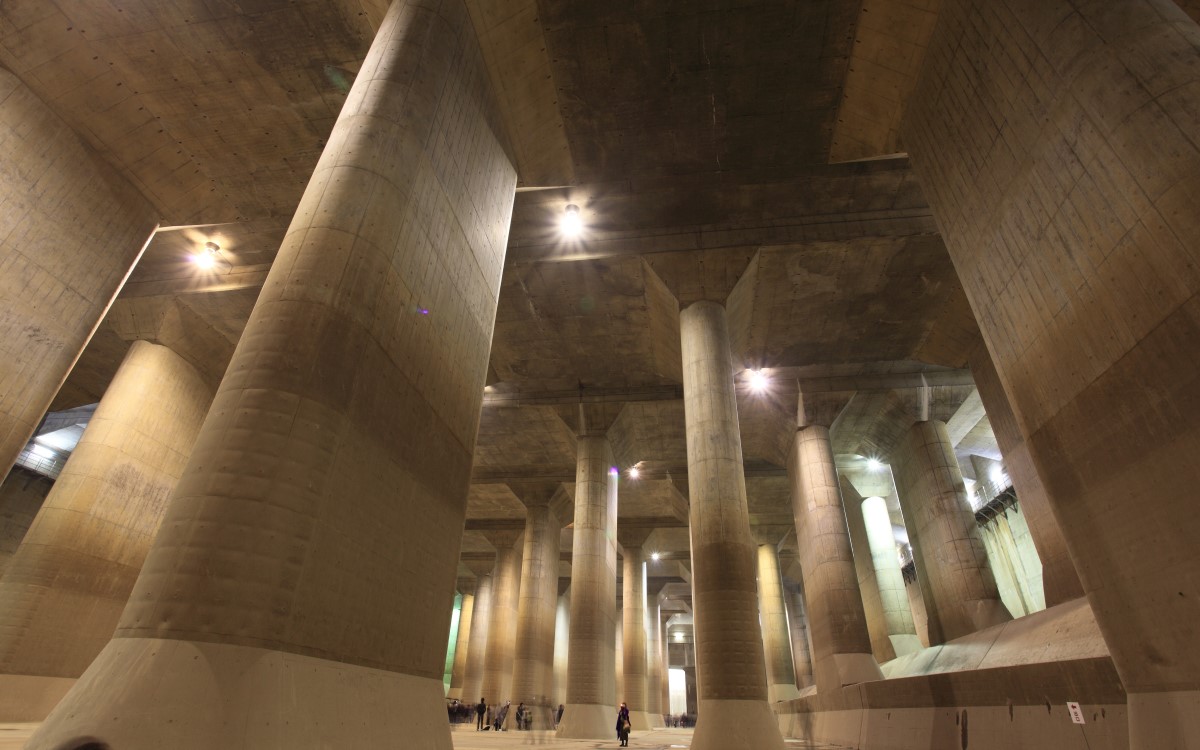In total 34 research groups, historians from all over Europe, were involved in the European study that analyzed tens of thousands of historical documents containing contemporary flood reports from the period 1500 to 2016. "The particular challenge of this study consisted in making the very different texts of the different centuries and different cultural regions comparable," explains Andrea Kiss from the Vienna University of Technology, researcher and historian herself, and one of the key authors of the publication. "We managed to achieve this comparability by putting all the texts in their respective historical contexts with painstaking attention to detail."
Formerly cool, now warm: River floods now function differently
Compared to the past, the floods of the past 30 years tend to be larger in many places and the relationship between flood occurrence and air temperatures has reversed. While floods occurred more frequently in cooler seasons in former times, the summer season turned out to be the preferred flood season in our times. The authors of the study identified global warming as main driver of their increase.
"From our previous research, we already knew how climate change has affected Europe’s floods in the past 50 years," says Alberto Viglione from the Politecnico di Torino, one of the key authors of the publication. "For forecasts of the next decades, however, it is also important to understand whether this is a completely new situation or whether this is just a repetition of something that has already occurred. So far, the available data had not been sufficient to ascertain whether this is the case or not. We have examined this question in great detail and can now say with confidence: Yes, flooding characteristics in recent decades are unlike those of the previous centuries.”
Different flood-rich periods and associated regions
The data analysis identified nine flood-rich periods and associated regions. Among the most notable periods were 1560–1580 (western and central Europe), 1760–1800 (most of Europe), 1840–1870 (western and southern Europe) and 1990–2016 (western and central Europe). Comparisons with air temperature reconstructions showed that these historical flood periods were substantially cooler than intervening phases.
"This finding seems to contradict the observation that, in some areas such as in the northwest of Europe, the recent warmer climate is aligned with larger floods," says Günter Blöschl. “Our study shows for the first time that the underlying mechanisms have changed: While, in the past, floods have occurred more frequently under colder conditions, the opposite is the case now. The hydrological conditions of the present are very different from those in the past."
The timing of the floods within the year has also changed. Previously, 41% of Central European floods occurred in the summer, compared to 55% today. These shifts are related to changes in precipitation, evaporation and snowmelt and are an important indicator for distinguishing the role of climate change from that of other controls such as deforestation and river management.
These findings have been made possible by a new data base compiled by the study authors that includes the exact dating of almost all flood events reported by written sources. So far, one had to often rely on other, less precise sources of information, such as lake sediments. It is the first study worldwide to evaluate historical flood periods for an entire continent in such detail.
All results of the study have been published in “Nature”:
G. Blöschl et al., Current European flood-rich period exceptional compared with past 500 years; Nature (2020), DOI: 10.1038/s41586-020-2478-3




